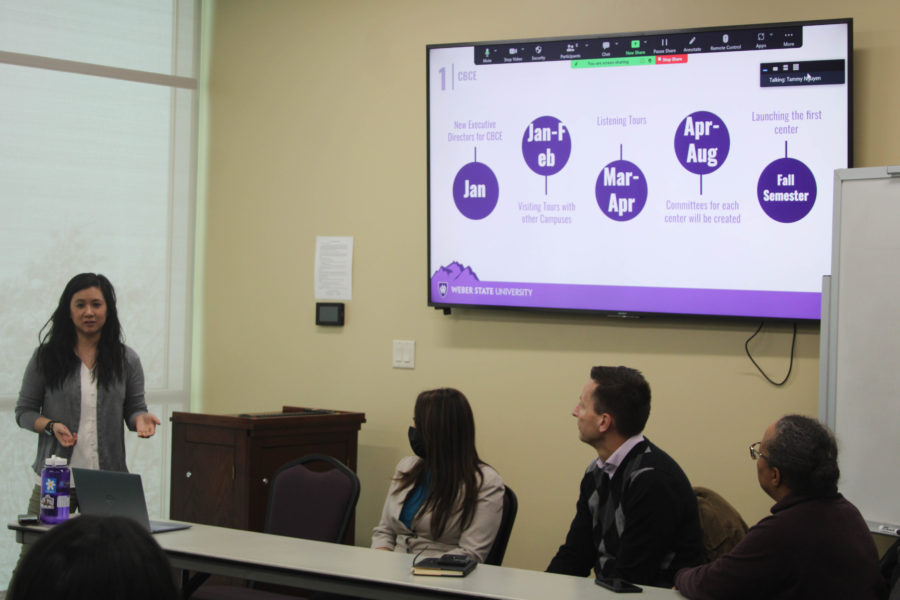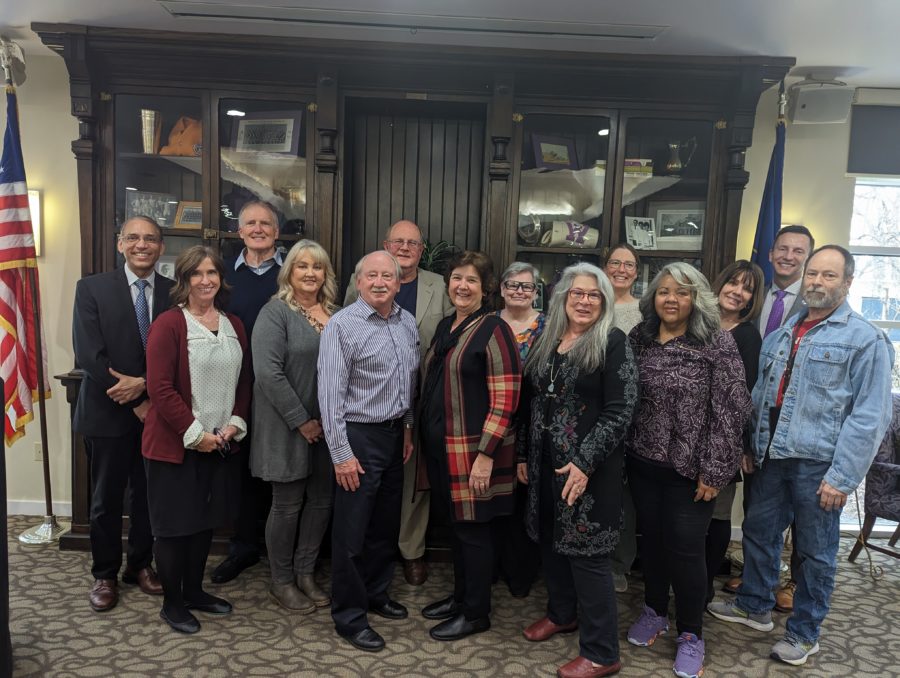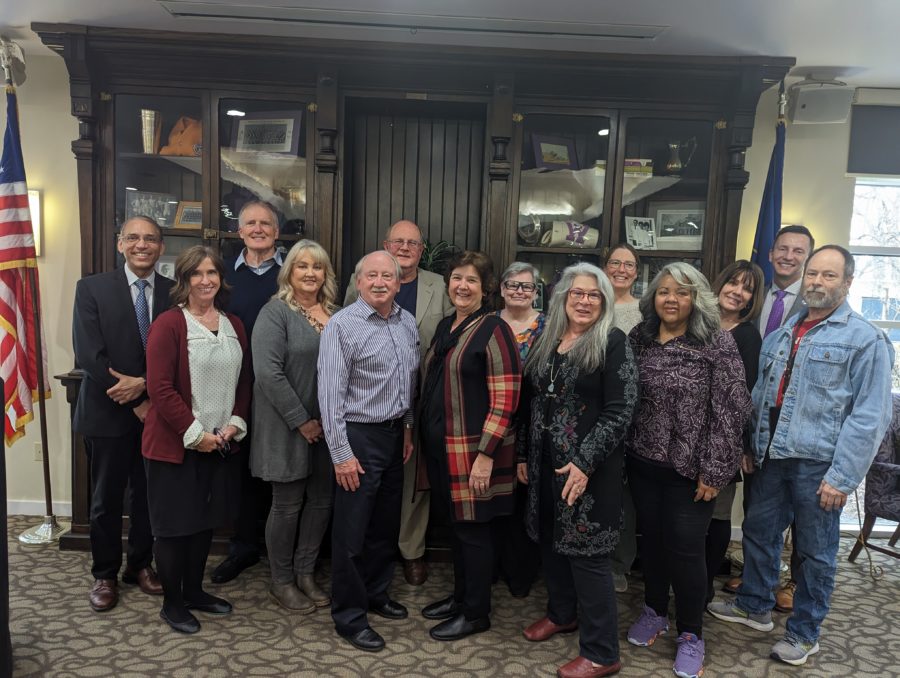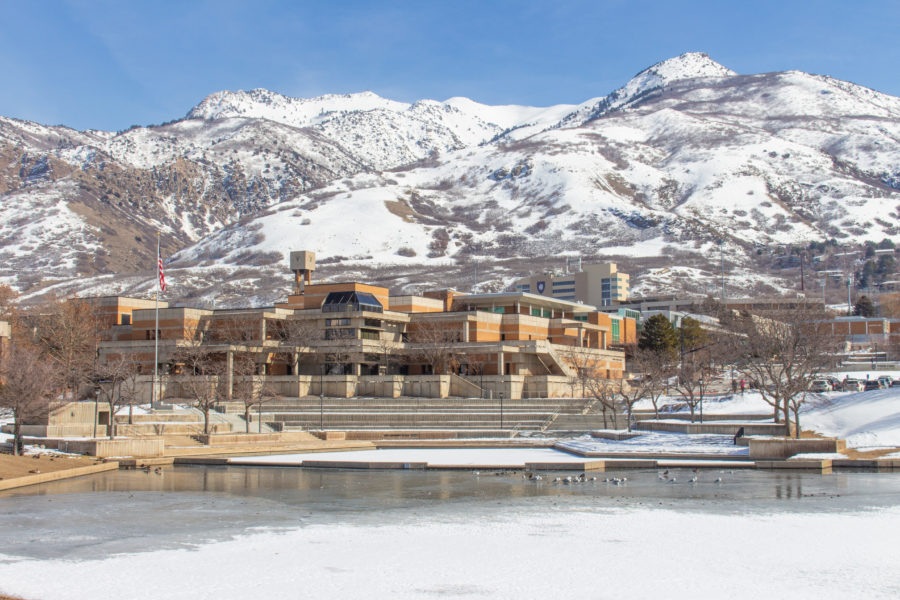Sustainability is one of those words, like “subprime” or “RSVP,” which is used often, but rarely understood. To put it in its simplest context, sustainability is the ability of the current generation to meet its own needs without harming the ability of the next generation to do the same. In a search for “greener” pastures, organizations and individuals all around us are swapping out their light bulbs, composting their table scraps, and turning off their computers at night.
But in a world where everybody’s racing to make things greener, is Weber State University keeping up?
The campus is becoming, overall, a greener place than it was just a few years ago. The university infrastructure is being closely examined for issues regarding energy efficiency, and there have been many leaps forward. For instance, WSU’s shuttle bus fleet runs entirely on natural gas, filled from the campuses’ new compressed natural gas filling station. The bus route itself has been changed, from a campus-circumnavigating, sprawling track to a one-stop, greener alternative route.
And according to the WSU Climate Action Plan, which was signed into agreement in 2009, WSU is making large steps in cutting down campus building energy consumption. Solar panels are popping up around campus. Classroom schedules are affected by energy use. Faculty and staff are being encouraged (and incentivized) to carpool or take public transportation. Campus landscapers are focusing more and more on xeriscaping (using native plants which rely only on natural rainfall). The use of paper in class is also being discouraged, especially where online alternatives are readily available. They’ve installed energy-efficient roofs, urinals, air conditioners and building energy-use meters. Everything seems to be coming up roses at WSU.
However, the rosier and greener the campus becomes in regards to its infrastructure, there still stands a clump of angry thorns, ready to ruin the whole sustainability movement’s day with a giant pricked finger.
WSU is a commuter school. More than 90 percent of students commute each day to get to their classes, with approximately 72 percent coming to the main Ogden campus in a car by themselves. Roughly 11 percent of students use public transportation, and only 7 percent carpool.
What does this mean? It means high-volume emissions. It means a giant carbon footprint. It means a foreboding, opaque cloud of greenhouse gases wafting its way over Ogden each day as WSU’s enrollment, and subsequent commuting population, grows.
To focus so much energy on improving energy efficiency on the campus infrastructure is in no way a wrong thing. Students and visitors appreciate seeing WSU staff and organizations like the WSU Environmental Club encouraging an “idle-free campus,” or making an effort to recycle. These labors are admirable.
But to continually ignore the commuting problem is to do a great disservice, not only to the students, but to the Ogden community and beautiful scenery of Utah.
Within that same WSU Climate Action Plan, only two paragraphs (out of 34 pages) are given to the subject of commuter travel by individual students, with occasional mentions in other sections. Commuting is the largest source of emissions for WSU, and most answers to the growing problem seem to consist of phrases like “it’s being tracked for future solutions,” or “public transportation is being strongly encouraged.”
Frankly, these efforts are not enough. Not to say, of course, that it’s an easy problem to fix. It isn’t. But it is a problem that the student- and university-created commuting culture continues to insufficiently address because it seems too difficult.
It is also an issue which demands student involvement. Get in touch with WSU’s Energy and Sustainability Office, the WSU Environmental Club, or start personal sustainability initiatives which demonstrate the Wildcat spirit of responsibility. The biggest change a responsible Wildcat can make right now is to start carpooling, riding a bike or hopping on a bus. Hopefully, then, there will be a large enough student sustainability movement to merit serious attention from the university and the community.




















